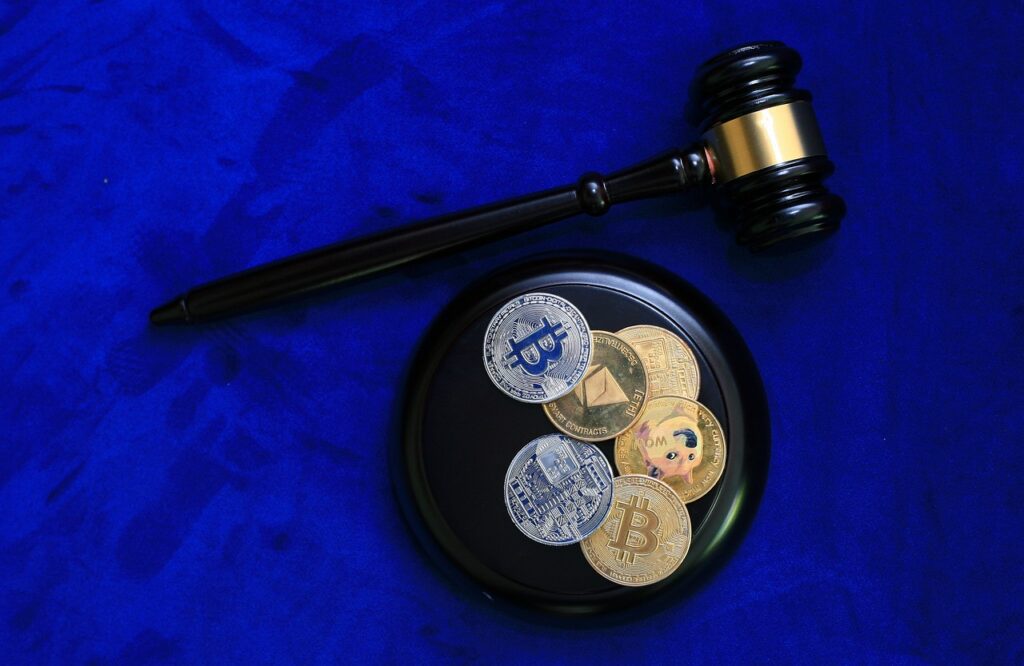The Middle East is making strides in cryptocurrency adoption and regulatory development. Qatar is now contributing to this by introducing a comprehensive framework for digital assets. Specifically, regulations have been introduced in the Qatar Financial Centre (QFC) by the Qatar Financial Centre Authority (QFCA) and the Qatar Financial Centre Regulatory Authority (QFCRA).
Like many free zones in the UAE, the QFC is an independent economic zone that aims to foster business and innovation in various fields. It allows 100% foreign ownership of companies and levies a low tax of 10%, making it attractive to all types of businesses. With the digital asset regulations in place, Web3 companies can now take advantage of the economic zone and establish themselves there.
“The launch of the Digital Assets Regulation 2024 marks an important milestone in our journey towards achieving the Third Financial Sector Strategy,” said Sheikh Bandar bin Mohammed bin Saud Al Thani, Governor of the Central Bank of Qatar. The ‘Third Financial Sector Strategy’ is Qatar’s vision to achieve its highest economic capabilities. It includes recognizing emerging digital technologies to create regulations and drive their adoption. This is what it has done for the digital assets sector.
Qatar’s crypto framework recognizes a wide range of crypto activities
The QFC legal framework will recognize digital assets, tokenization processes, real-world assets (RWA), ownership rights over underlying assets via tokens, custody, exchange, etc. Smart contracts will also be legally recognized, enabling innovative implementation of everyday legal and financial use cases. The framework was created through consultation and engagement with 37 local and international technology, financial and legal companies to ensure legislation that effectively responds to the markets.
Furthermore, the QFC has been kickstarting the development of digital assets even before the framework was introduced, as it has onboarded over 20 startups into its Digital Assets Lab. The program, which will launch in October 2023, will help the economic zone build a major blockchain infrastructure and commercialize products globally.
Image by Sergei Tokmakov, Esq. from Pixabay




